Creating your own perfume is a fascinating journey into the world of scents. Not only does it allow you to craft a unique fragrance that reflects your personality, but it’s also a fun and rewarding DIY project. Whether you’re looking to make perfume for personal use or as a handmade gift, our comprehensive guide will walk you through the steps of making perfume from the comfort of your home.
The Basics of Perfume Making
Before diving into the actual process of making perfume, it’s important to understand the essential components and concepts:
- Base Notes: These are the deep, rich scents that linger the longest on your skin. Common base notes include vanilla, musk, and amber.
- Heart/Middle Notes: The heart notes form the core of the fragrance, often floral, green, or fruity. Examples include rose, jasmine, or cinnamon.
- Top/Head Notes: These are the initial, light smells that you notice when first applying the perfume. Citrus, lavender, and mint are typical top notes.
- Carrier Substance: This substance holds the scents together and can be a high-proof, non-scented alcohol or a carrier oil like jojoba or sweet almond oil.
- Essential Oils: These are the natural oils extracted from plants that give perfume its scent.
Materials Needed
To get started with your DIY perfume, gather the following materials:
- Essential oils for your base, middle, and top notes
- Carrier alcohol or oil
- Distilled water (for alcohol-based perfume)
- A dark glass bottle or atomizer for storage
- Pipettes or droppers for transferring oils
- Coffee filter or cheesecloth (for straining, if needed)
- A small funnel (to make decanting easier)
- Labels and a pen (for noting the composition and the date)
- Gloves (to protect your skin)
Step-by-Step Guide to Making Perfume
Now that you have your materials, follow these steps to create your custom perfume:
- Choose Your Scents: Begin by selecting the essential oils you want for your base, middle, and top notes. A good ratio to start with is 20% top notes, 50% middle notes, and 30% base notes.
- Mixing the Oils: Using the pipettes, add your essential oils to the glass bottle. Start with the base notes, then the middle, and finally the top notes.
Notes Number of Drops Base Notes 20 Drops Middle Notes 50 Drops Top Notes 30 Drops - Add the Carrier: If using alcohol, fill the rest of the bottle with your chosen carrier alcohol, and if using a carrier oil, top up your blend according to your preference.
- Let It Mature: Seal the bottle and store your perfume in a cool, dark place. Allow it to age for at least 4 weeks. The longer it ages, the more the scent will develop and strengthen.
- Test Your Perfume: After maturation, test your perfume to see if it meets your expectations. You can adjust the scent by adding more essential oils if necessary.
- Finalize and Strain: Once you’re satisfied with the scent, if you’re using an oil base, simply transfer your perfume into its final bottle. For alcohol-based perfumes, you may want to strain the mixture through a coffee filter to remove any sediment before transferring it into a bottle with a funnel.
- Label Your Creation: Don’t forget to label your perfume with the date and the blend of essential oils used. This will help you recreate or adjust the formula in the future.

Credit: www.amazon.com
Tips for Perfecting Your Perfume
- Test each essential oil on your skin before adding it to your blend to ensure you’re not allergic.
- Write down every step of your process, including the amount of each oil used. Precision is key to recreating scents.
- Remember that the scent will change over time, and it might smell different on your skin than it does in the bottle due to body chemistry.
- Less is often more in perfume making. Start with the minimal amount of oil, and increase the intensity gradually as needed.
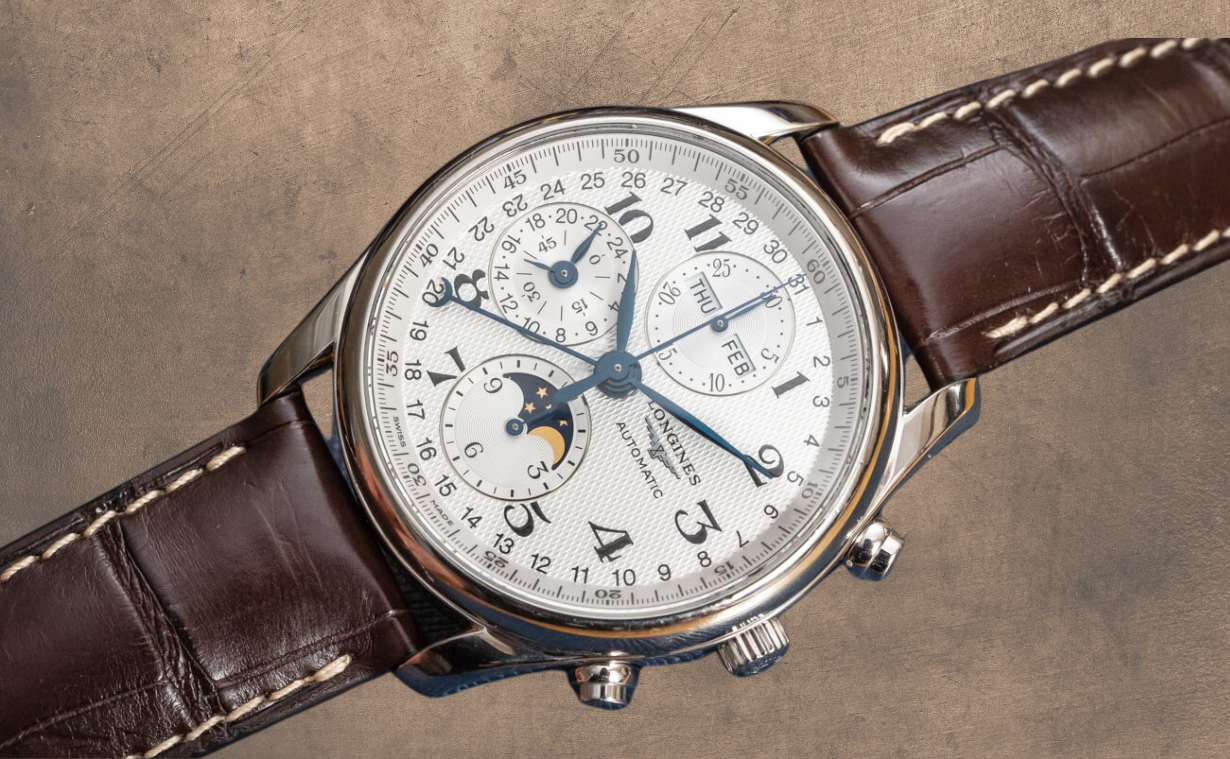
Credit: www.jomashop.com
Frequently Asked Questions
What Ingredients Are In Homemade Perfume?
Basic ingredients for homemade perfume include essential oils, alcohol, distilled water, and a fixative like glycerin.
How Long Does Diy Perfume Last?
Homemade perfume typically lasts between 2 to 6 hours on the skin, depending on the concentration of essential oils used.
Can I Make Perfume Without Alcohol?
Yes, you can make an alcohol-free perfume using a carrier oil like jojoba or sweet almond oil as the base.
What Is The Best Base For Perfume?
The best bases for perfume are high-proof alcohol, jojoba oil, or fractionated coconut oil due to their neutral scent and preservative properties.
Conclusion
Making your own perfume can be a delightful and satisfying experience. With patience and creativity, you can design a fragrance that is truly personal and unique. Explore different combinations of essential oils and enjoy the process of discovering the scents that resonate with you. Remember to let your perfume sit, as the scent will evolve and become more complex over time. Happy perfume-making!

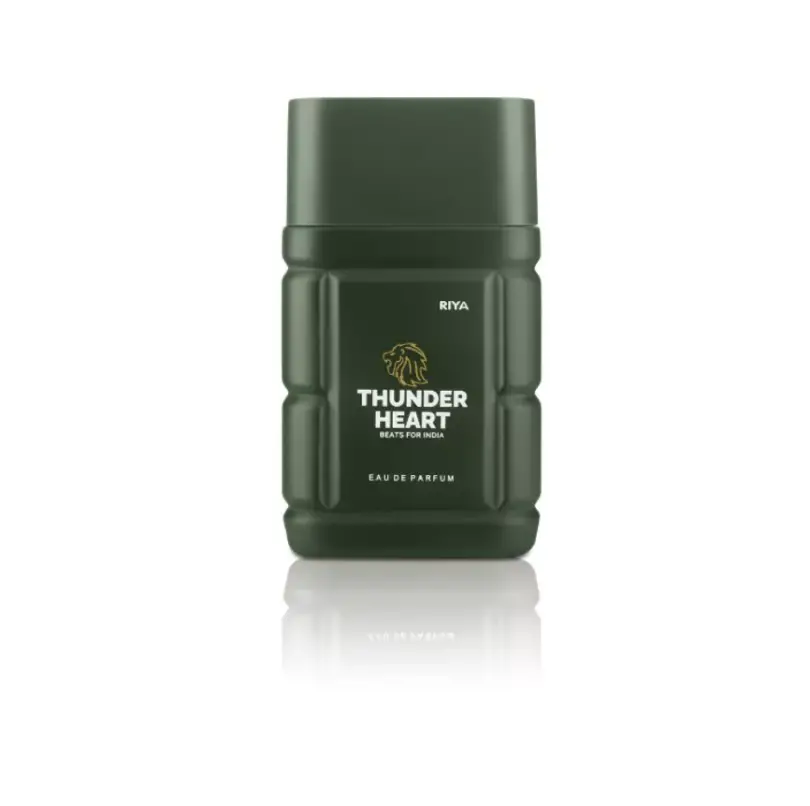
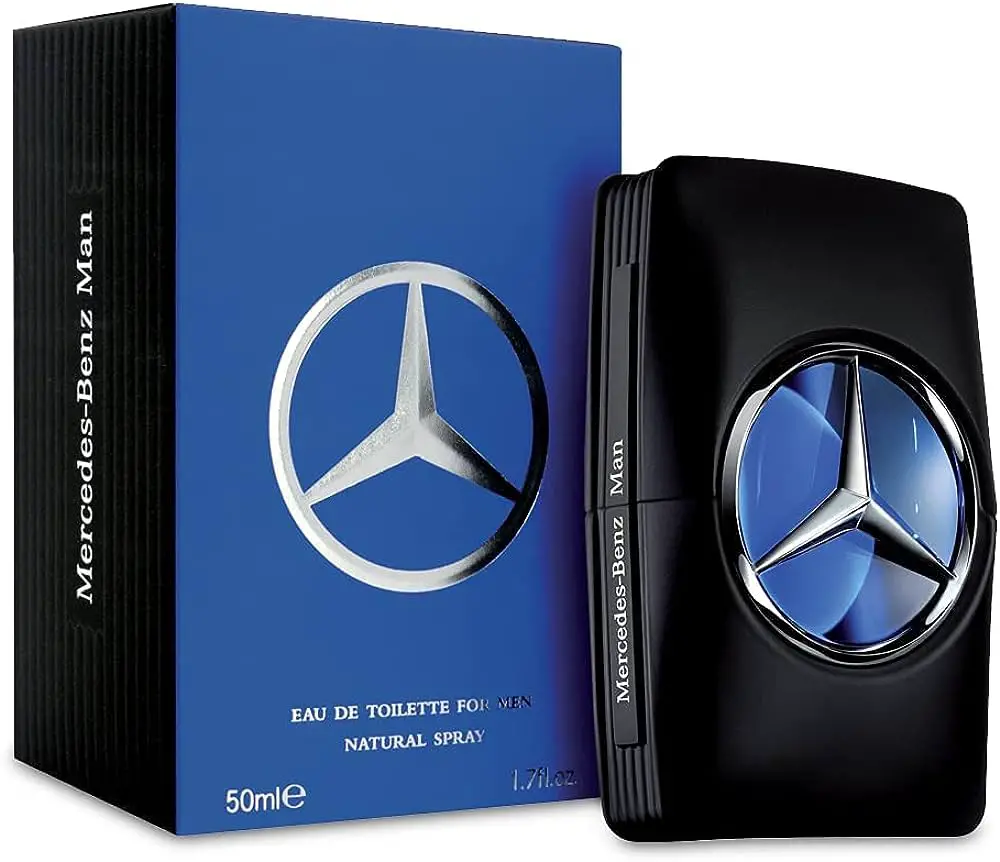
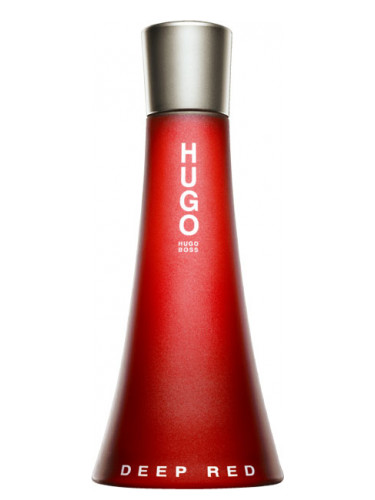

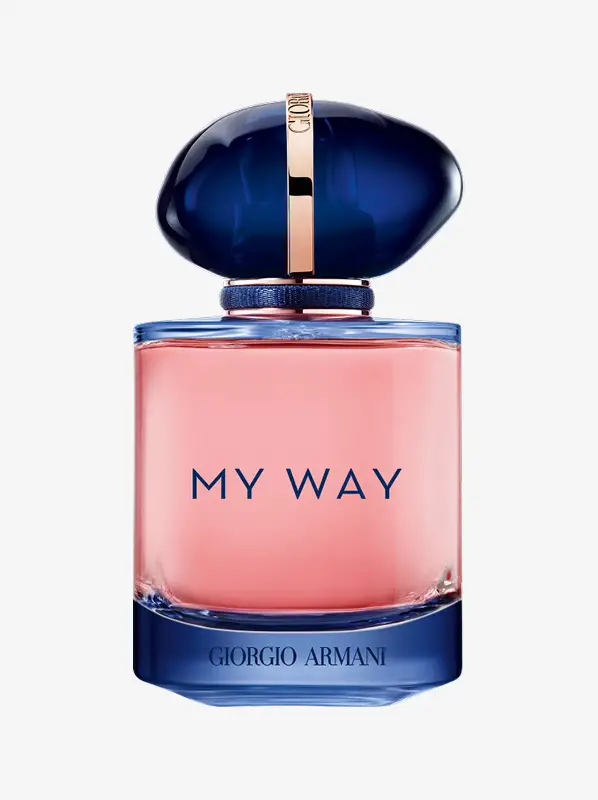
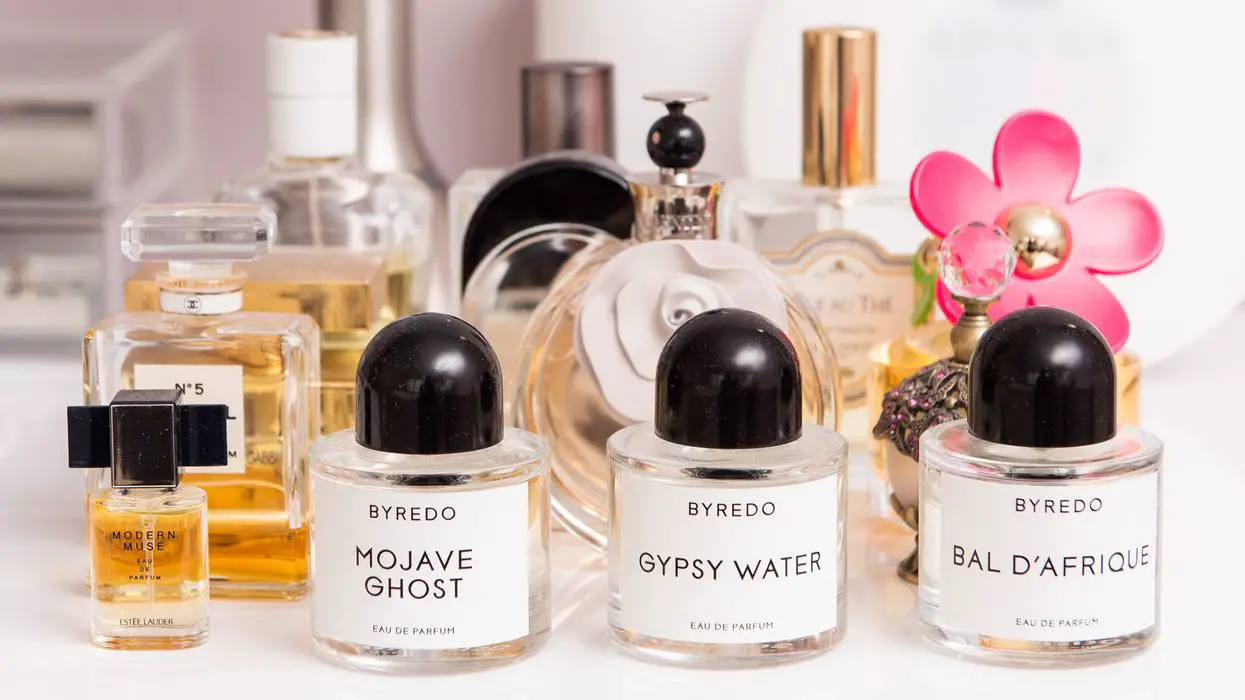
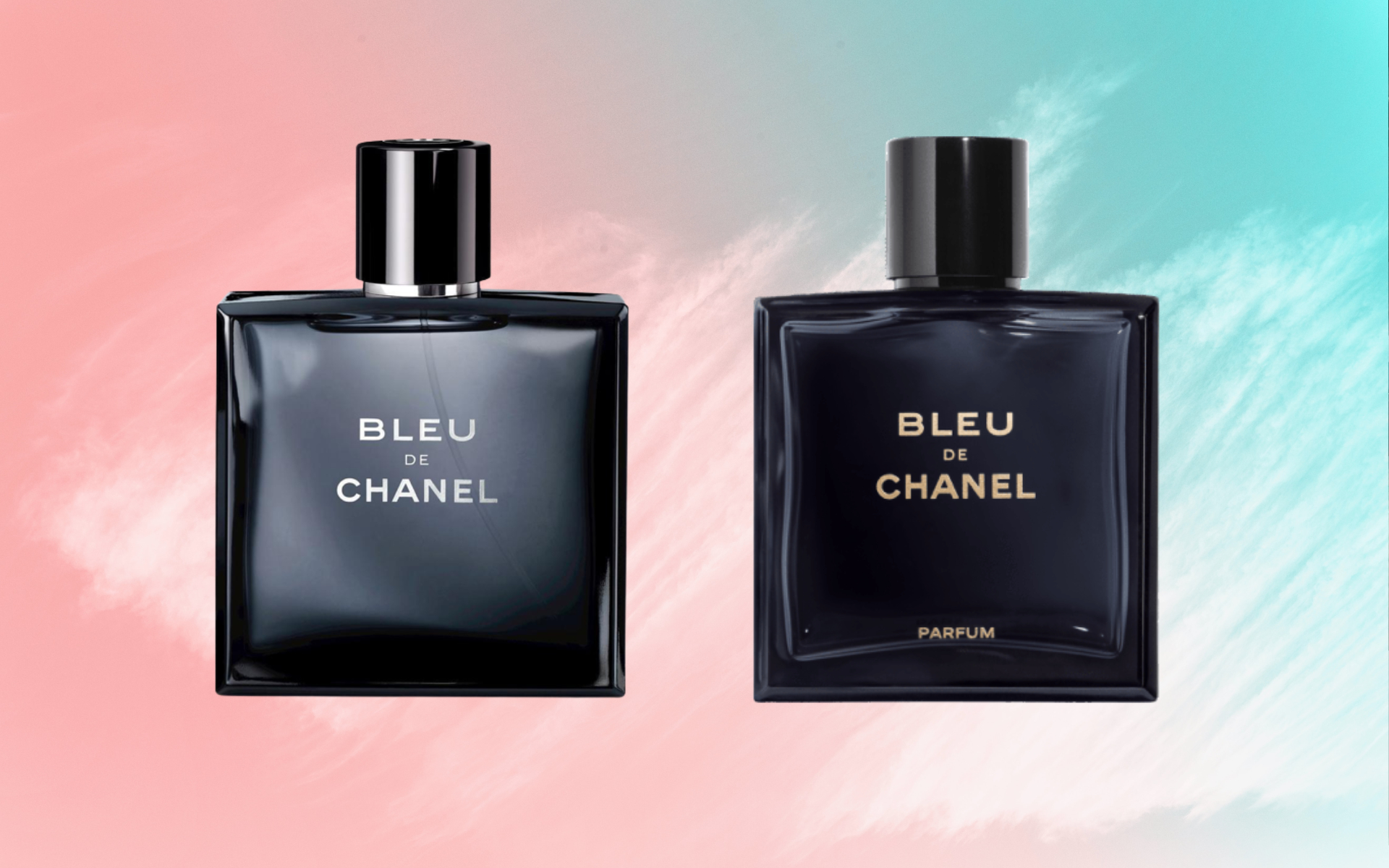


I appreciate the practical advice you’ve given here.